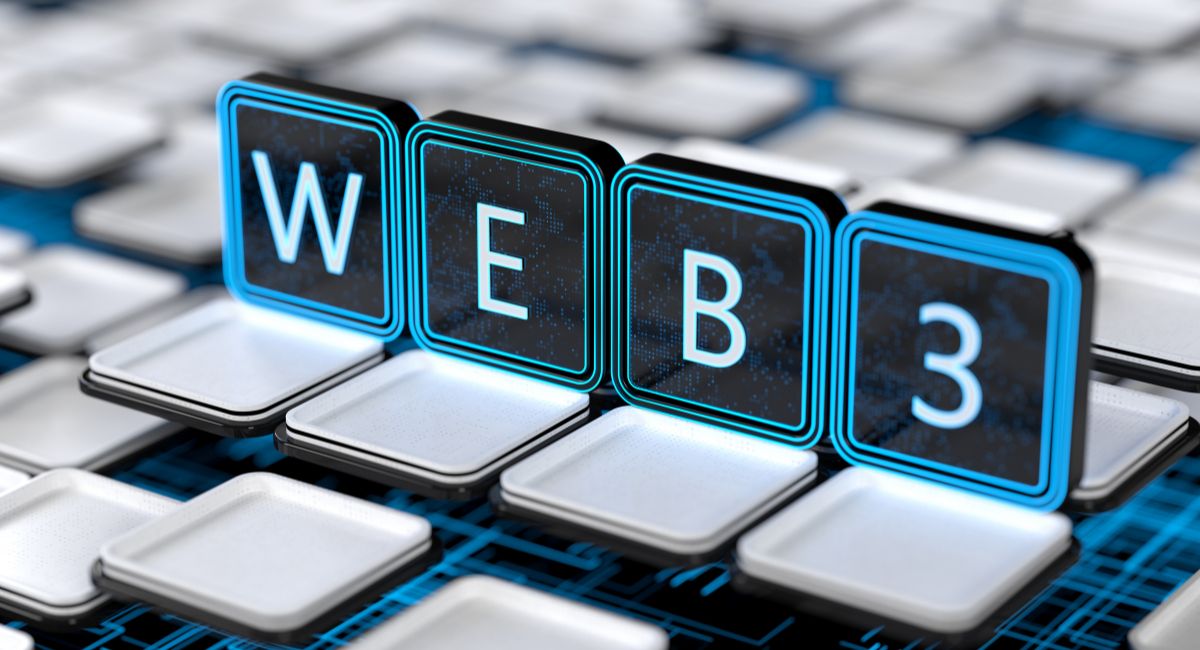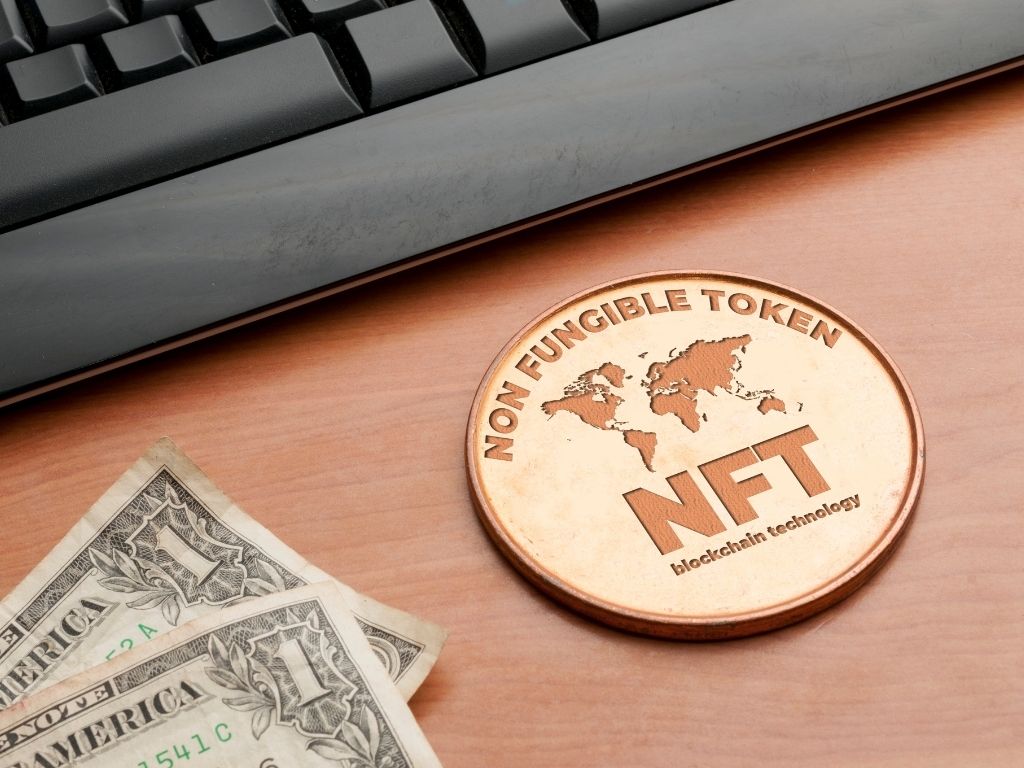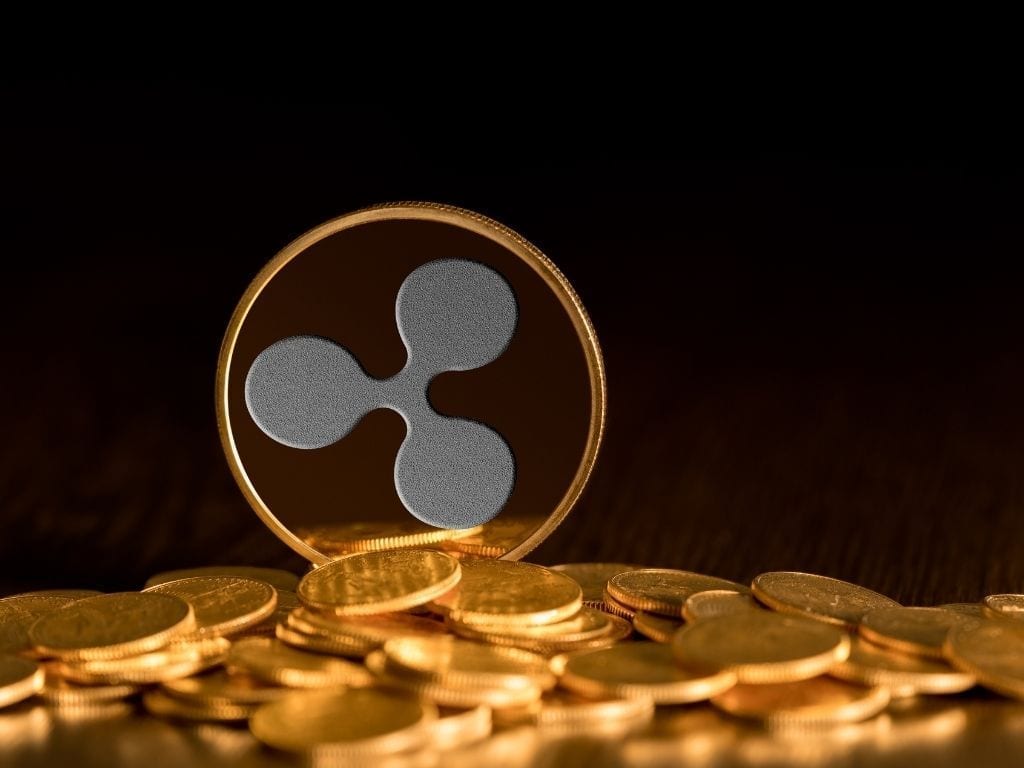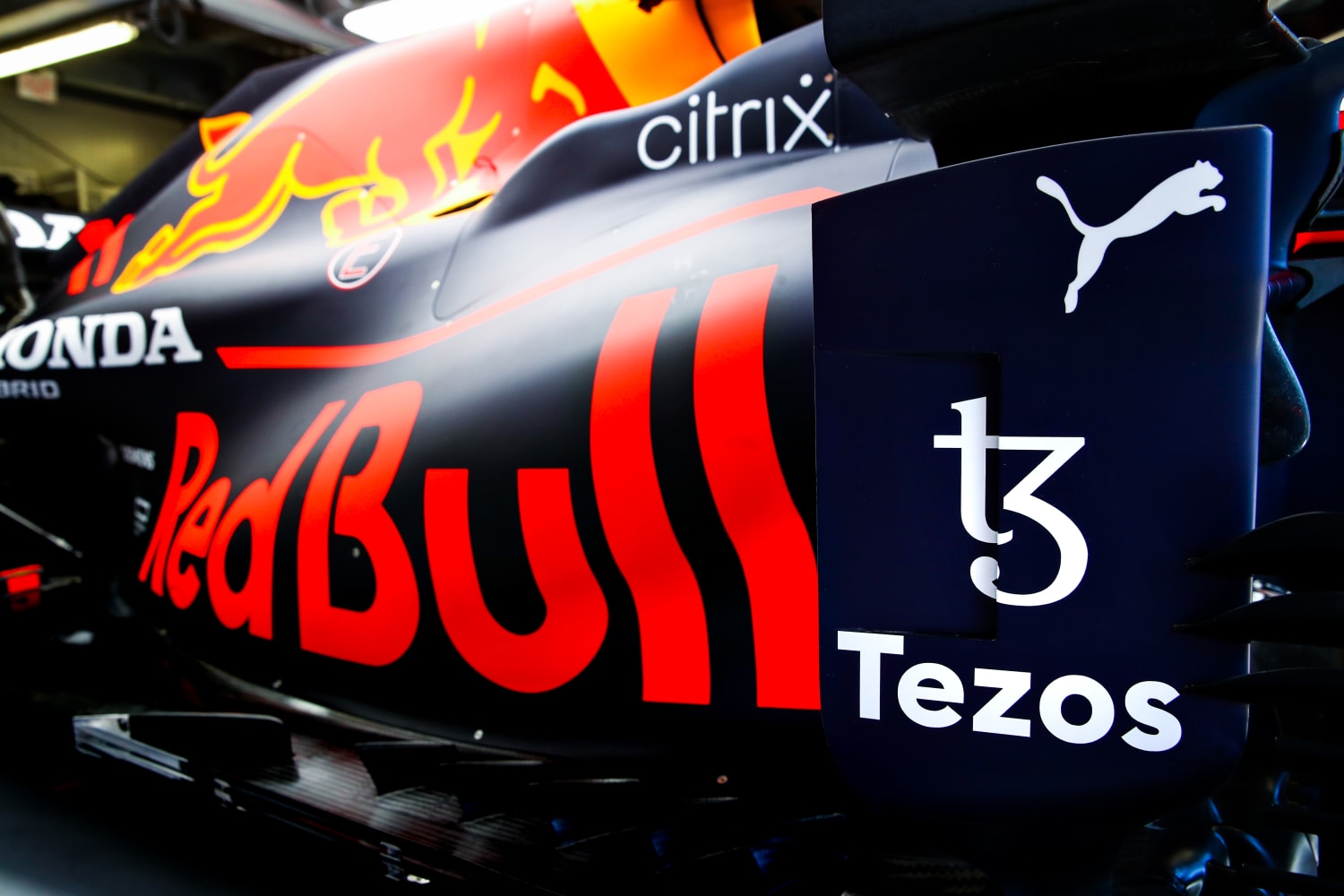NFT-based DAOs: How NFTs are Changing the Game in Web 3.0
In the ever-evolving landscape of Web 3.0, non-fungible tokens (NFTs) have emerged as groundbreaking technology that is transforming the way we perceive and interact with digital assets. Initially popularized as a means of owning and trading digital collectibles, NFTs have now paved the way for an even more revolutionary concept: the creation of decentralized autonomous organizations (DAOs). This article explores how NFTs are being used to establish DAOs in Web 3.0, delving into their potential benefits, challenges, and real-world examples of successful NFT-based DAOs.
DAOs are self-governing organizations that operate through smart contracts, with decisions made collectively by their community members. By leveraging blockchain technology and NFTs, DAOs aim to create decentralized and democratic ecosystems where participants have a say in decision-making, governance, and resource allocation.
Advantages of NFT-based DAOs
One of the key advantages of utilizing NFTs in DAOs is the ability to establish membership and ownership rights. NFTs can represent membership tokens or governance tokens within a DAO, giving holders voting power and influence over key decisions. These tokens serve as proof of ownership and participation in the DAO’s activities, creating a sense of ownership and alignment of interests among community members.
Furthermore, NFTs can be used to contribute assets or intellectual property to the DAO. For instance, artists can tokenize their artwork as NFTs and contribute them to an NFT-based DAO, giving the community collective ownership and the ability to collectively benefit from any value generated by those assets. This allows creators to maintain a vested interest in their work while benefiting from the collective efforts and support of the community.
NFT-based DAOs also present opportunities for crowdfunding and collective financing. Through the sale of NFTs representing fractional ownership in a project or venture, DAOs can raise funds to support their initiatives. This creates a decentralized and community-driven approach to funding, opening doors for innovation and collaboration that are not restricted by traditional financial systems.
Challenges of NFT-based DAOs
However, implementing NFT-based DAOs comes with its own set of challenges. One of the primary concerns is ensuring active participation and engagement from community members. While NFT ownership grants voting rights, it does not guarantee active involvement in the decision-making process. DAOs need to devise mechanisms and incentives to encourage meaningful participation and prevent power concentration in the hands of a few.
Another challenge lies in the scalability and efficiency of blockchain networks. As the popularity of NFTs and DAOs continues to grow, the strain on existing blockchain infrastructures becomes evident. Overcoming these scalability limitations while maintaining the security and decentralization that underpin Web 3.0 is a critical hurdle that needs to be addressed for widespread adoption of NFT-based DAOs.
Also, read – How NFTs are Transforming Art, Money, & Ownership
Examples that showcase NFT-based DAOs
Real-world examples showcase the potential of NFT-based DAOs. For instance, the platform known as “Loot” gained attention by releasing a set of randomly generated items as NFTs, which became the basis for a community-driven gaming ecosystem. Another example is “DAOstack,” a platform that enables the creation and management of DAOs through its smart contract framework, fostering collaboration and decentralized decision-making.
Project Deep Dive: @nounsdao
Conclusion: This is currently the strongest CC0 brand in the market, the distribution of quality: noun holders, derivative projects, and broader market adoption set the tone for CC0 & NFT-based DAOs.
👇🧵Happy birthday, 365 days young.
1 of 25— {token} (@NFTomics) July 5, 2022
Real-world examples showcase the potential of NFT-based DAOs, illustrating the innovative applications and transformative power of this emerging technology. These examples demonstrate how NFTs and decentralized autonomous organizations can revolutionize various industries, foster collaboration, and empower communities. Let’s explore some notable instances where NFT-based DAOs have made an impact:
- Loot (For Adventurers and Gamers): Loot gained significant attention by releasing a set of randomly generated items as NFTs, which became the basis for a community-driven gaming ecosystem. With Loot, adventurers and gamers can own and trade unique items represented as NFTs. The community behind Loot has taken the concept further by establishing a DAO called Adventurers Guild, where members propose and vote on initiatives related to the Loot universe. The DAO enables collective decision-making, asset development, and the exploration of new gaming experiences.
- DAOstack (For Governance and Collaboration): DAOstack is a platform that enables the creation and management of DAOs through its smart contract framework. It provides tools and infrastructure for decentralized governance, fostering collaboration and decision-making among community members. DAOstack allows individuals and organizations to create their own DAOs and customize governance structures to suit their specific needs. It showcases the potential of NFT-based DAOs to redefine traditional governance models and empower communities to collectively shape the future.
- Rarible (For Digital Art and Collectibles): Rarible is a marketplace for NFTs, allowing artists and creators to mint, buy, and sell digital art and collectibles. Rarible has also introduced a governance token called RARI, which represents ownership and decision-making power within the Rarible ecosystem. Token holders can participate in community proposals, vote on platform upgrades, and shape the direction of the marketplace. This NFT-based DAO enables artists and collectors to actively participate in the platform’s evolution and ensure that their interests are represented.
- Metagovernance (For Meta-Governance): Metagovernance is an NFT-based DAO focused on meta-governance, which means it provides a framework for coordinating decision-making across multiple other DAOs. It aims to solve the challenge of fragmentation and coordination among different DAOs by creating a higher-level governance structure. Metagovernance token holders can participate in meta-decision-making processes, enabling collaboration and alignment among various DAOs. This example highlights how NFT-based DAOs can address the need for interoperability and coordination in the decentralized ecosystem.
- PleasrDAO (For Collectible Purchases): PleasrDAO gained attention for its collective purchase of a rare and valuable NFT artwork called “CryptoPunk #7804.” The DAO, formed by a group of Ethereum enthusiasts, pooled funds from its members to make the historic acquisition. The ownership of the NFT is shared among the DAO members, and decisions regarding its display, loaning, or selling are made collectively through voting. PleasrDAO demonstrates the power of NFT-based DAOs in enabling collective ownership, strategic investments, and the democratization of access to valuable digital assets.
These real-world examples represent just a fraction of the potential use cases for NFT-based DAOs. They highlight the transformative nature of this technology, enabling decentralized decision-making, ownership, collaboration, and funding across industries. As the ecosystem continues to evolve, we can expect more innovative applications and successful NFT-based DAOs to emerge, driving the future of Web 3.0 and reshaping traditional models of governance, ownership, and participation.
Conclusion
NFT-based DAOs are not limited to a particular industry or sector. They have the potential to disrupt various fields, including art, music, gaming, virtual real estate, and even governance itself. For example, artists can form DAOs to collectively manage and promote their artwork, musicians can create DAOs to fund and distribute their music, and gamers can establish DAOs to govern virtual worlds and assets. The possibilities are vast and span across different creative and collaborative endeavors.
As NFT-based DAOs gain traction, collaborations, and partnerships among different DAOs become increasingly feasible. DAO-to-DAO interactions enable the cross-pollination of ideas, shared resources, and collective decision-making on a larger scale. This interconnectedness has the potential to foster innovation, drive new forms of collaboration, and unleash the power of collective intelligence.
While NFT-based DAOs hold immense promise, it is important to address the potential risks and ensure responsible governance. DAOs must establish mechanisms to prevent malicious activities, protect community members’ interests, and address potential conflicts or disagreements. Smart contract audits, community guidelines, and dispute resolution frameworks can help establish a robust governance structure and maintain the integrity of the DAO ecosystem.
In conclusion, NFTs have transcended their initial role as digital collectibles and are now at the forefront of a paradigm shift in Web 3.0, enabling the creation of decentralized autonomous organizations. NFT-based DAOs offer opportunities for community-driven decision-making, ownership rights, collective financing, and fair compensation for creators. As the technology matures and more real-world examples emerge, NFT-based DAOs have the potential to reshape industries, empower communities, and redefine collaboration and ownership in the digital realm. It is an exciting time as we witness the transformative power of NFTs and DAOs converging to shape the future of Web 3.0.
Stay informed with daily updates from Blockchain Magazine on Google News. Click here to follow us and mark as favorite: [Blockchain Magazine on Google News].
Get Blockchain Insights In Inbox
Stay ahead of the curve with expert analysis and market updates.
latest from tech
Disclaimer: Any post shared by a third-party agency are sponsored and Blockchain Magazine has no views on any such posts. The views and opinions expressed in this post are those of the clients and do not necessarily reflect the official policy or position of Blockchain Magazine. The information provided in this post is for informational purposes only and should not be considered as financial, investment, or professional advice. Blockchain Magazine does not endorse or promote any specific products, services, or companies mentioned in this posts. Readers are encouraged to conduct their own research and consult with a qualified professional before making any financial decisions. The featured image used is just a creative depiction of the title and it does not intend to hurt sentiments of any person or institution. If it hurts anyone sentiments, please do not hesitate to reach out to Blockchain Magazine.

 Bitcoin
Bitcoin  Ethereum
Ethereum  XRP
XRP  Tether
Tether  Solana
Solana  Dogecoin
Dogecoin  USDC
USDC  Cardano
Cardano  Lido Staked Ether
Lido Staked Ether  TRON
TRON  Chainlink
Chainlink  Avalanche
Avalanche  Wrapped stETH
Wrapped stETH  Stellar
Stellar  Wrapped Bitcoin
Wrapped Bitcoin  Sui
Sui  Hedera
Hedera  Toncoin
Toncoin  Shiba Inu
Shiba Inu  WETH
WETH  Polkadot
Polkadot  Parkcoin
Parkcoin  LEO Token
LEO Token  Litecoin
Litecoin  Bitcoin Cash
Bitcoin Cash  Bitget Token
Bitget Token  Uniswap
Uniswap  Official Trump
Official Trump  Hyperliquid
Hyperliquid  Wrapped eETH
Wrapped eETH  Pepe
Pepe  USDS
USDS  NEAR Protocol
NEAR Protocol  Ethena USDe
Ethena USDe  Aave
Aave  Aptos
Aptos  Internet Computer
Internet Computer  Ondo
Ondo  Ethereum Classic
Ethereum Classic  Monero
Monero  POL (ex-MATIC)
POL (ex-MATIC)  OKB
OKB  Cronos
Cronos  Mantle
Mantle  Dai
Dai  Algorand
Algorand  MANTRA
MANTRA  Render
Render 




